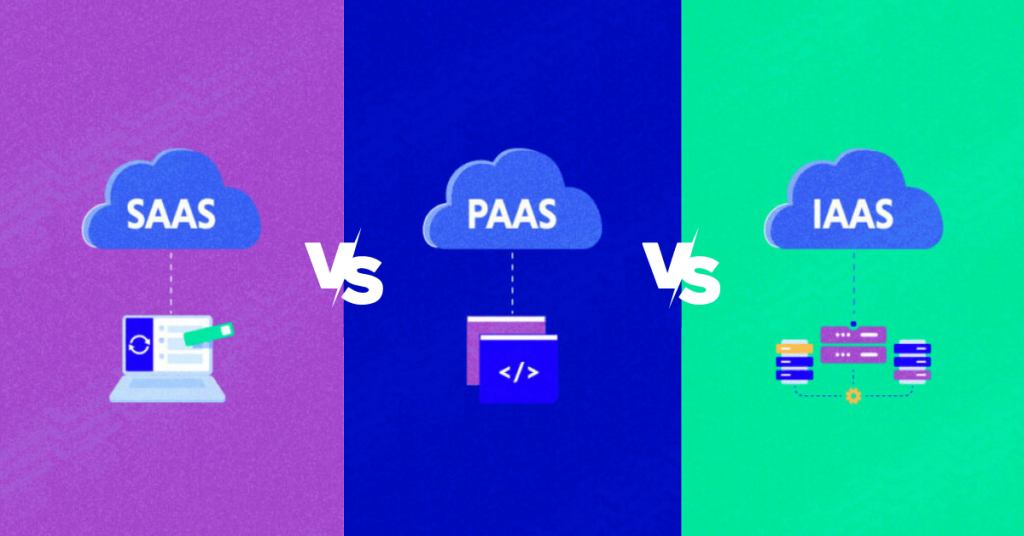Whether you’re just starting out or have been around for a while, having a well-optimized website is crucial for driving traffic and reaching your target audience. To achieve this, leveraging the power of SEO (Search Engine Optimization) is essential. Fortunately, there are numerous SaaS (Software as a Service) SEO tools available that can help you streamline your SEO efforts and maximize your website’s visibility. In this article, we’ll explore the top 20 SaaS SEO tools that can boost your website traffic and take your online presence to new heights.
What Do SaaS SEO Tools Do?
SaaS (Software as a Service) SEO tools are online software applications that provide various functionalities and features to help businesses improve their search engine optimization (SEO) efforts. These tools are designed to assist with different aspects of SEO, making it easier for businesses to optimize their websites and improve their visibility in search engine results.
Here are some common functionalities provided by SaaS SEO tools:
1. Keyword Research:
SaaS SEO tools often include keyword research capabilities. They help businesses identify relevant keywords and phrases that have high search volume and lower competition. These tools can suggest keyword ideas, provide search volume data, and offer insights into keyword difficulty and trends.
2. On-Page Optimization:
SaaS SEO tools help optimize individual web pages to improve their search engine rankings. They analyze various on-page factors such as title tags, meta descriptions, heading tags, keyword usage, and internal linking. Some tools also offer recommendations for optimizing these elements to align with SEO best practices.
3. Backlink Analysis:
Backlinks (links from other websites to yours) are an essential factor for search engine rankings. SaaS SEO tools provide insights into a website’s backlink profile, including the number of backlinks, their quality, anchor text distribution, and referring domains. This information helps businesses identify opportunities to build high-quality backlinks and improve their link-building strategies.
4. Competitor Analysis:
Understanding the SEO strategies of competitors is crucial for staying competitive. SaaS SEO tools enable businesses to analyze their competitors’ websites, including their keyword rankings, organic traffic, backlinks, and content strategies. This data helps identify areas of opportunity, discover new keywords, and devise effective SEO strategies.
5. Rank Tracking:
SaaS SEO tools often include rank-tracking capabilities. They monitor a website’s search engine rankings for target keywords and provide reports on changes over time. Rank tracking helps businesses evaluate the effectiveness of their SEO efforts and identify areas that need improvement.
6. Technical SEO Analysis:
SaaS SEO tools can scan websites for technical SEO issues that may hinder search engine crawling and indexing. These tools identify problems such as broken links, duplicate content, slow page speed, and mobile responsiveness issues. By addressing these technical SEO issues, businesses can improve their website’s overall SEO performance.
7. Reporting and Analytics:
SaaS SEO tools generate reports and analytics to track SEO performance. These reports may include data on keyword rankings, organic traffic, backlinks, on-page optimizations, and other SEO metrics. The analytics help businesses assess the impact of their SEO efforts, identify trends, and make data-driven decisions.
Overall, SaaS SEO tools aim to simplify and streamline the process of optimizing websites for search engines. They provide actionable insights, automate repetitive tasks, and offer data-driven recommendations to help businesses improve their organic search visibility and drive more targeted traffic to their websites.
How To Choose The Best SEO Tool?
Choosing the best SEO tool for your specific needs can be a challenging task, considering the variety of options available in the market. Here are some key factors to consider when selecting an SEO tool:
1. Understand Your Requirements:
Start by identifying your specific SEO needs. Consider the areas where you require the most assistance, such as keyword research, on-page optimization, backlink analysis, or technical SEO. Understanding your requirements will help you prioritize the features and functionalities you need in an SEO tool.
2. Features and Functionality:
Evaluate the features and functionality of the SEO tools you are considering. Look for tools that offer the specific capabilities you need, such as keyword research tools, backlink analysis, rank tracking, competitor analysis, and technical SEO auditing. Ensure that the tool provides a comprehensive set of features that align with your goals.
3. User-Friendliness:
Consider the ease of use and user-friendliness of the SEO tool. The tool should have a clean and intuitive interface, making it easy for you to navigate and understand the data and insights it provides. Look for tools that offer clear instructions, tutorials, and customer support to help you get the most out of the tool.
4. Data Accuracy and Reliability:
The SEO tool should provide accurate and reliable data. Look for tools that have a solid reputation for data quality and are known for their accuracy in keyword research, backlink analysis, and other metrics. Read user reviews and seek recommendations from trusted sources to ensure the tool’s data reliability.
5. Integration and Compatibility:
Consider the compatibility of the SEO tool with your existing systems and workflows. Determine whether the tool integrates with other platforms or tools you use, such as content management systems (CMS), analytics tools, or marketing automation software. Integration can streamline your SEO processes and enhance your overall digital marketing efforts.
6. Scalability and Pricing:
Consider the scalability of the SEO tool as your business grows. Evaluate the pricing structure of the tool, including any subscription fees or additional costs for accessing advanced features. Ensure that the tool offers flexible pricing options that align with your budget and growth plans.
7. Customer Support and Resources:
Look for SEO tools that provide robust customer support and resources. This includes documentation, tutorials, knowledge bases, and responsive customer support channels. Good customer support can help you resolve issues quickly and maximize the value of the tool.
8. Reputation and Reviews:
Research the reputation of the SEO tool and read reviews from users and experts. Look for unbiased reviews that highlight the pros and cons of the tool, its effectiveness, and the level of customer satisfaction. Consider the experiences and feedback of others to make an informed decision.
By considering these factors and evaluating different SEO tools based on your specific requirements, you can choose the one that best fits your needs and helps you achieve your SEO goals.
20 Best SaaS SEO Tools To Boost Your Website Traffic
Section 1: Keyword Research Tools
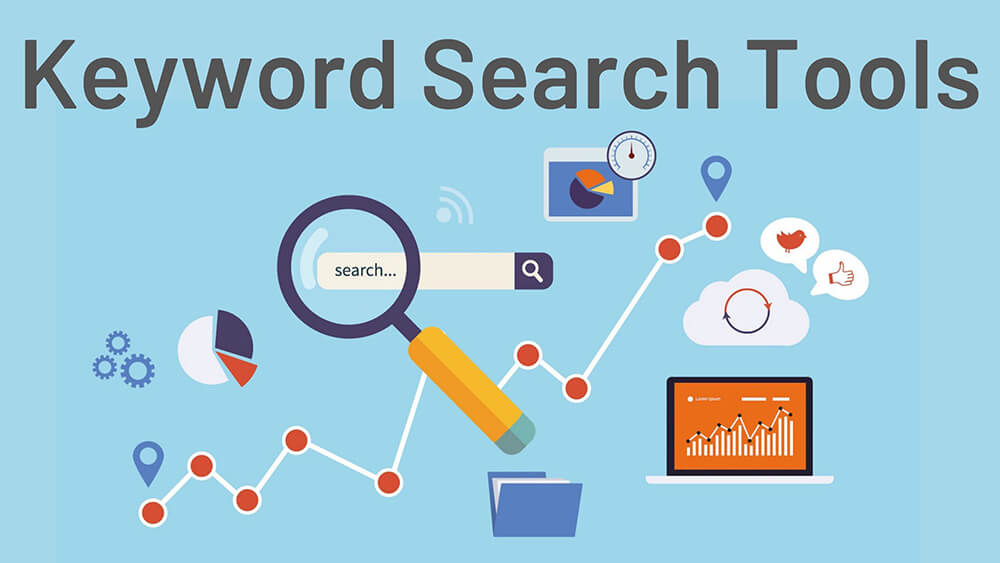
1. SEMrush
SEMrush is a comprehensive SEO tool that provides a wide range of features for effective keyword research. It offers a vast database of keywords, allowing you to discover relevant and high-volume keywords for your niche. With SEMrush, you can also analyze keyword difficulty and search trends, uncover long-tail keywords, and explore your competitors’ keyword strategies. This tool equips you with valuable insights to optimize your content and improve your website’s search engine rankings.
SEMrush offers additional features such as domain analysis, backlink analysis, and position tracking. It provides detailed information about organic and paid search traffic, backlink profiles, and social media engagement. With SEMrush, you can gain a comprehensive understanding of your competitors’ strategies and identify opportunities to outperform them in search results.
Pricing: SEMrush offers three main pricing plans: Pro ($129.95/month), Guru ($249.95/month), and Business ($499.95/month). Custom enterprise plans are also available for larger organizations.
2. Ahrefs
Ahrefs is a popular SEO tool known for its robust keyword research capabilities. It offers an extensive database of keywords and provides detailed metrics such as search volume, keyword difficulty, and traffic potential. Ahrefs also offers valuable features like “Keyword Explorer” and “Content Gap,” which allow you to find new keyword opportunities and analyze your competitors’ keyword strategies. With its comprehensive keyword insights, Ahrefs helps you target the right keywords and enhance your website’s visibility.
Ahrefs is not limited to keyword research; it also provides valuable features for backlink analysis, content exploration, and rank tracking. It allows you to monitor your website’s backlink profile, identify link-building opportunities, and analyze your competitors’ backlink strategies. Ahrefs also offers content analysis tools that help you discover popular topics, analyze content performance, and identify content gaps in your industry.
Pricing: Ahrefs offers four pricing plans: Lite ($99/month), Standard ($199/month), Advanced ($399/month), and Agency ($999/month). Custom enterprise plans are also available for larger organizations.
3. Moz Keyword Explorer
Moz Keyword Explorer is a powerful tool that simplifies the keyword research process. It provides accurate search volume data, keyword difficulty scores, and organic click-through rates to help you identify the most valuable keywords for your website. With Moz Keyword Explorer, you can also explore related keywords, uncover keyword suggestions, and analyze SERP (Search Engine Results Page) features. This tool empowers you to make data-driven decisions and optimize your content for maximum impact.
In addition to keyword research, Moz offers a suite of SEO tools to support your website optimization efforts. Moz Pro allows you to track your keyword rankings, audit your website for technical issues, and analyze your backlink profile. Moz also provides a unique metric called “Domain Authority” that helps you assess the overall strength and authority of your website compared to your competitors.
Pricing: Moz offers four pricing plans: Standard ($99/month), Medium ($149/month), Large ($249/month), and Premium ($599/month). Custom enterprise plans are also available for larger organizations.
Section 2: On-Page Optimization Tools
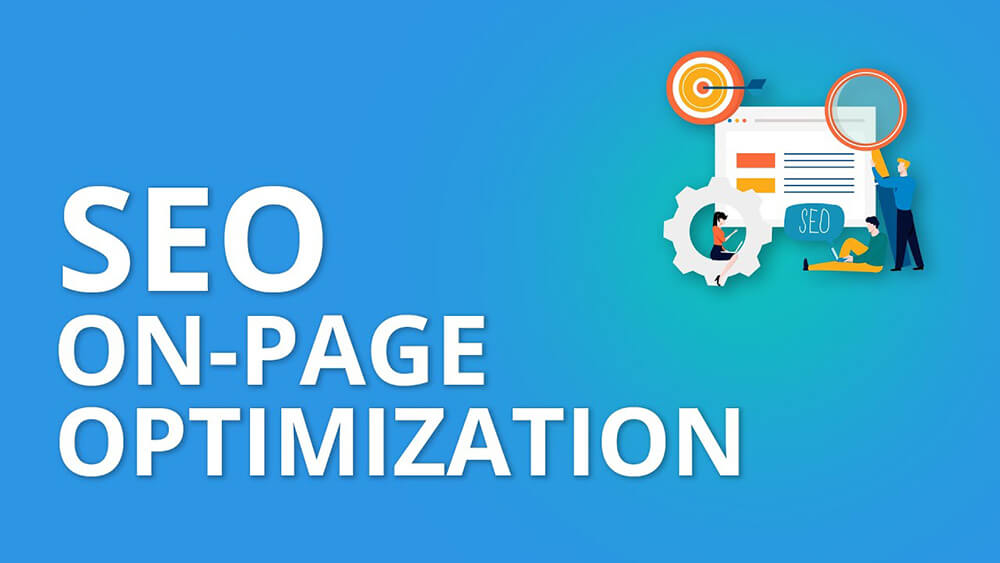
4. Yoast SEO
Yoast SEO is a popular WordPress plugin that offers a comprehensive suite of on-page optimization features. It helps you optimize your meta tags, headings, and content for search engines. Yoast SEO provides real-time feedback and suggestions for improving your content’s readability, keyword usage, and overall SEO effectiveness. Its user-friendly interface and actionable recommendations make it an indispensable tool for optimizing your website’s on-page elements.
Yoast SEO goes beyond on-page optimization and offers additional features such as XML sitemap generation, breadcrumb navigation, and social media integration. It also provides advanced options for managing canonical URLs, controlling search engine indexing, and setting up redirects. With Yoast SEO, you can optimize your WordPress website for search engines and improve your overall SEO performance.
Pricing: Yoast SEO offers both free and premium versions. The premium version, Yoast SEO Premium, costs €89 per website per year.
5. Screaming Frog
Screaming Frog is a powerful website crawler that assists in on-page optimization. It analyzes your website’s structure, identifies broken links, and highlights issues that may hinder search engine crawling and indexing. With Screaming Frog, you can easily identify duplicate content, missing meta tags, and other on-page SEO issues. This tool enables you to improve your website’s overall structure and ensure search engines can effectively navigate and index your content.
Screaming Frog also provides additional features for technical SEO analysis. It allows you to analyze your website’s page titles, meta descriptions, header tags, and other on-page elements. The tool provides insights into redirect chains, response codes, and page load times. By utilizing Screaming Frog, you can gain a comprehensive understanding of your website’s technical SEO performance and make necessary optimizations.
Pricing: Screaming Frog offers a free version with limited features. The paid version, called Screaming Frog SEO Spider, costs £149 per year for a single license.
6. Google PageSpeed Insights
Page loading speed plays a crucial role in user experience and search engine rankings. Google PageSpeed Insights measures your website’s performance and provides recommendations for optimizing its loading speed. This tool analyzes your website’s code, server configuration, and other factors that may impact its performance. By implementing the suggested improvements, you can enhance your website’s speed, improve user engagement, and boost your search engine rankings.
Google PageSpeed Insights also provides insights into mobile performance, as mobile-friendliness is a key ranking factor for search engines. The tool offers specific recommendations for improving mobile performance, such as optimizing images, enabling compression, and leveraging browser caching. By optimizing your website for both desktop and mobile devices, you can provide a seamless user experience and improve your website’s overall SEO performance.
Pricing: Google PageSpeed Insights is free to use.
Section 3: Link-Building Tools
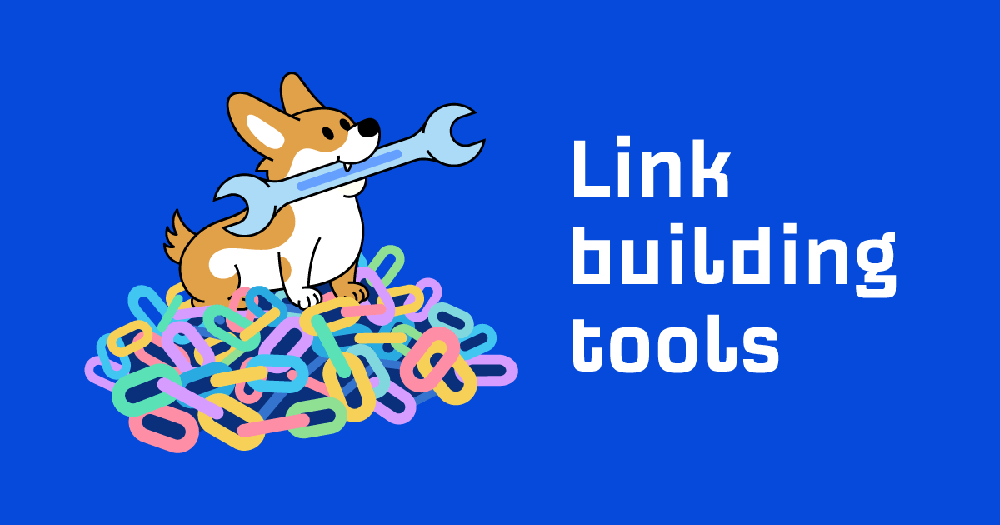
7. Majestic
Majestic is a comprehensive link intelligence tool that aids in effective link-building. It provides detailed insights into your backlink profile, allowing you to analyze the quality and quantity of your backlinks. Majestic also offers features like “Trust Flow” and “Citation Flow” that help you assess the authority of websites linking to you. With its backlink analysis capabilities, Majestic enables you to identify high-quality link opportunities and improve your website’s authority and visibility.
Majestic’s backlink analysis features include historical data, anchor text analysis, and link context. It allows you to analyze competitor backlink profiles, compare link metrics, and identify valuable link prospects. Majestic also offers a feature called “Link Context,” which helps you understand the context and relevancy of a particular backlink to better evaluate its quality.
Pricing: Majestic offers four pricing plans: Lite ($49.99/month), Pro ($99.99/month), API ($399.99/month), and Enterprise (custom pricing).
8. BuzzStream
BuzzStream is an all-in-one tool designed to streamline your outreach campaigns for link building. It helps you find relevant prospects, manage your outreach emails, and track your progress. BuzzStream allows you to personalize your outreach templates, automate follow-ups, and collaborate with team members. By utilizing BuzzStream, you can effectively manage your link-building efforts and build valuable relationships with influencers and website owners.
BuzzStream’s features go beyond outreach campaign management. It offers link prospecting capabilities, allowing you to discover new websites and influencers relevant to your niche. The tool also integrates with popular CRM (Customer Relationship Management) platforms, enabling you to seamlessly manage and track your outreach activities. BuzzStream provides valuable insights and analytics to help you measure the success of your link-building efforts and optimize your strategies.
Pricing: BuzzStream offers three pricing plans: Starter ($24/month per user), Group ($99/month per user), and Custom (custom pricing). Enterprise plans with advanced features and additional support are also available.
9. Monitor Backlinks
Monitor Backlinks is a tool that simplifies the process of monitoring and analyzing your backlink profile. It provides real-time notifications whenever you gain or lose a backlink. Monitor Backlinks also offers valuable metrics such as domain authority, anchor text analysis, and spam score assessment. With this tool, you can identify and disavow harmful backlinks, track the impact of your link-building efforts, and improve your website’s overall backlink profile.
Monitor Backlinks offers additional features for competitor analysis. It allows you to monitor your competitors’ backlink profiles and track their new backlinks. The tool provides insights into your competitors’ link-building strategies, enabling you to discover new opportunities and stay ahead in the competition. Monitor Backlinks also integrates with Google Analytics, providing you with valuable data on referral traffic and conversions from backlinks.
Pricing: Monitor Backlinks offers three pricing plans: Startup ($25/month), Business ($48/month), and Agency ($90/month). Custom enterprise plans are available for larger organizations.
Section 4: Rank Tracking and Reporting Tools
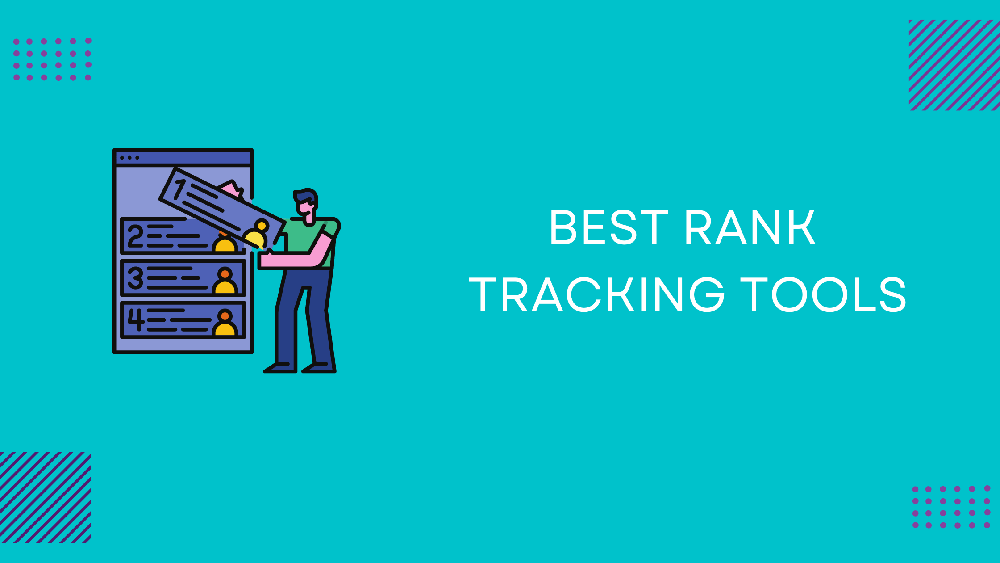
10. AccuRanker
AccuRanker is a powerful rank tracking tool that monitors your keyword rankings across search engines. It provides accurate and up-to-date ranking data, allowing you to track your progress and identify areas for improvement. AccuRanker offers customizable reports, advanced filtering options, and integrations with Google Analytics and Search Console. With its comprehensive features, AccuRanker enables you to stay ahead of your competition and optimize your SEO strategy effectively.
AccuRanker’s features include local rank tracking, SERP features analysis, and competitor benchmarking. It allows you to track your rankings at the local level, making it particularly useful for businesses targeting specific geographical regions. AccuRanker also provides insights into featured snippets, knowledge graphs, and other SERP features that may impact your visibility. By monitoring your rankings and analyzing SERP features, you can identify opportunities to optimize your content and increase your organic traffic.
Pricing: AccuRanker offers four pricing plans: Starter ($99/month), Pro ($249/month), Agency ($499/month), and Enterprise (custom pricing). Customized plans with additional features and support are also available.
11. Google Data Studio
Google Data Studio is a data visualization and reporting tool that helps you create interactive SEO reports. It allows you to pull data from various sources, such as Google Analytics, Google Search Console, and social media platforms, and present it in visually appealing dashboards. With Google Data Studio, you can track key SEO metrics, visualize trends, and share your reports with stakeholders. This tool empowers you to communicate your SEO performance effectively and make data-driven decisions.
Google Data Studio offers a wide range of visualization options, including charts, graphs, and tables. It allows you to customize your reports with branding elements and interactive features. Google Data Studio also supports real-time data, enabling you to monitor your SEO performance on the fly. By leveraging the power of data visualization, you can present complex SEO data in a visually engaging manner and gain valuable insights for your SEO strategies.
Google Analytics :
Google Analytics is a powerful web analytics tool offered by Google. It allows website owners to track and analyze various aspects of their website’s performance and user behaviour. By implementing a tracking code on your website, Google Analytics collects data on metrics such as website traffic, visitor demographics, user engagement, and conversions.
With Google Analytics, you can gain insights into how visitors discover and interact with your website, which pages they visit the most, how long they stay, and their geographic location. It also provides data on the source of your website traffic, including search engines, social media platforms, and referral websites.
By understanding these metrics, you can make data-driven decisions to optimize your website, improve user experience, and increase conversions. Google Analytics offers a wide range of reports, visualizations, and tools to help you analyze and interpret your data effectively.
Overall, Google Analytics is an essential tool for website owners, marketers, and businesses, enabling them to measure, analyze, and optimize their online presence and marketing strategies.
Google Search Console :
Google Search Console is a free web service provided by Google that helps website owners and administrators monitor, maintain, and optimize the visibility of their websites in Google search results. It provides valuable insights into how Google crawls and indexes your site, highlighting any errors or issues that may affect its performance. The Search Console also offers data on search traffic, keywords, and click-through rates, allowing you to analyze and improve your site’s presence in search results. It’s an essential tool for webmasters, SEO professionals, and website owners who want to enhance their site’s visibility and performance on Google.
Pricing: Google Data Studio is free to use.
12. SEMrush Sensor
SEMrush Sensor is a unique tool that monitors Google algorithm updates and provides insights into SERP volatility. It helps you understand fluctuations in search engine rankings and identify potential algorithmic changes impacting your website’s visibility. SEMrush Sensor enables you to stay informed about search engine updates and adapt your SEO strategies accordingly, ensuring your website maintains a strong online presence.
SEMrush Sensor provides a “Sensor Score” that reflects the volatility of search results for a particular industry or niche. It allows you to track fluctuations in rankings across different devices and locations. The tool also provides historical data, allowing you to identify trends and correlations between algorithm updates and your website’s performance. By monitoring SERP volatility with SEMrush Sensor, you can stay ahead of the curve and adjust your SEO tactics accordingly.
Pricing: SEMrush offers three main pricing plans: Pro ($129.95/month), Guru ($249.95/month), and Business ($499.95/month). Custom enterprise plans are also available for larger organizations.
Section 5: Technical SEO Tools

13. Lumar (Formerly DeepCrawl)
Lumar is a comprehensive website crawling tool that analyzes your website’s technical SEO issues. It identifies and reports on issues such as broken links, duplicate content, and crawl errors that may hinder search engine indexing. Lumar also provides data on website performance, XML sitemap analysis, and international SEO considerations. By using Lumar, you can ensure that your website is technically optimized and search engine-friendly.
Lumar’s features go beyond technical SEO analysis. It offers insights into website architecture, internal linking structure, and page depth. The tool helps you identify orphaned pages, pages with low internal link equity, and other issues that may affect your website’s Lumar’s and indexation. Lumar’s also provides advanced features for website migration, allowing you to plan and execute a smooth transition without losing search engine visibility.
Pricing – Request pricing as per the number of URLs
14. Google Mobile-Friendly Test
With mobile usage on the rise, having a mobile-friendly website is crucial for SEO success. The Google Mobile-Friendly Test helps you assess how well your website performs on mobile devices. It analyzes your website’s responsiveness, page loading speed, and mobile usability. By passing the mobile-friendly test, you can improve your website’s mobile rankings, enhance user experience, and reach a broader mobile audience.
The Google Mobile-Friendly Test provides specific recommendations for optimizing your website for mobile devices. It identifies issues such as small font sizes, clickable elements too close together, and viewport configuration. By addressing these recommendations, you can ensure that your website is optimized for different screen sizes and devices, improving user engagement and search engine visibility.
Pricing: The Google Mobile-Friendly Test is free to use.
15. Google Structured Data Testing Tool
Implementing structured data (schema markup) on your website can enhance search engine understanding and presentation of your content. The Google Structured Data Testing Tool allows you to validate your structured data and ensure its correctness. It helps you identify any issues or errors in your structured data implementation. By using this tool, you can improve the visibility of your content in search results and provide more informative snippets to users.
The Google Structured Data Testing Tool also provides suggestions and recommendations for enhancing your structured data implementation. It helps you understand the different types of structured data available and how they can be applied to your content. By leveraging structured data effectively, you can increase the chances of your website being featured in rich snippets, knowledge graphs, and other enhanced search results.
Pricing: The Google Structured Data Testing Tool is free to use.
Section 6: Competitive Analysis Tools
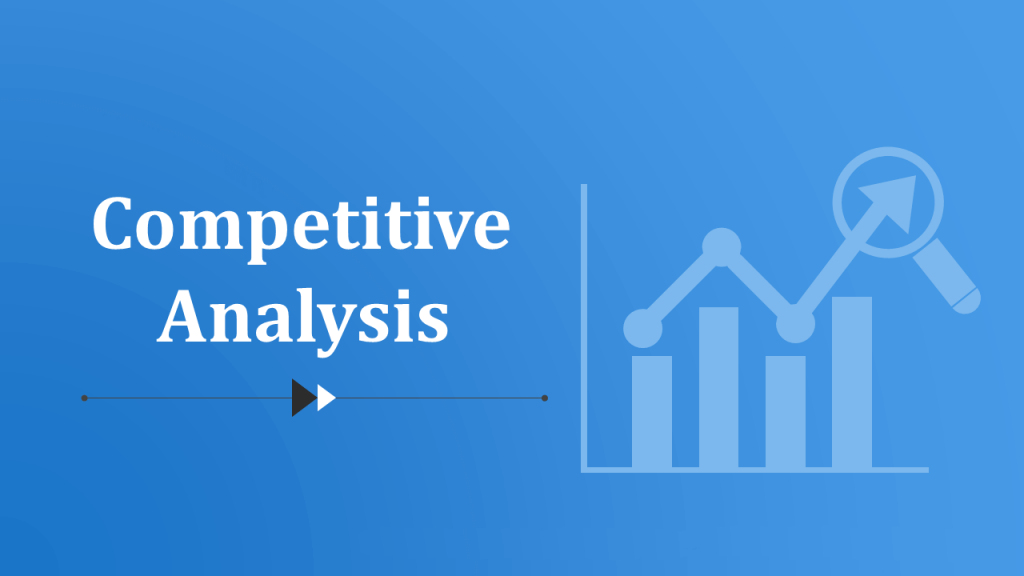
16. SpyFu
SpyFu is a powerful competitive analysis tool that provides valuable insights into your competitors’ SEO strategies. It allows you to uncover their top-performing keywords, analyze their backlink profiles, and identify their ad campaigns. With SpyFu, you can gain a competitive advantage by understanding what works for your competitors and adapting your SEO and advertising strategies accordingly.
SpyFu offers additional features such as domain analysis, PPC (Pay-Per-Click) research, and keyword tracking. It provides historical data on keywords and rankings, allowing you to track your competitors’ performance over time. SpyFu also offers a feature called “Kombat” that allows you to compare your website’s SEO performance against multiple competitors. By utilizing SpyFu, you can gain valuable insights into your competitive landscape and make informed decisions to improve your SEO efforts.
Pricing: SpyFu offers three pricing plans: Basic ($39/month), Professional ($78/month), and Team ($299/month). Annual plans with discounted prices are also available.
17. SEMrush Advertising Toolkit
SEMrush Advertising Toolkit provides comprehensive insights into your competitor’s advertising strategies. It allows you to analyze their ad campaigns, identify their top-performing keywords, and monitor their ad spend. By leveraging this information, you can optimize your own advertising efforts, uncover new opportunities, and maximize your return on investment.
SEMrush Advertising Toolkit offers features such as ad research, ad creative analysis, and ad position tracking. It provides insights into your competitors’ ad copies, landing pages, and ad placements. The tool also allows you to track the positions of your competitors’ ads in search results. By utilizing SEMrush Advertising Toolkit, you can gain a competitive edge in your advertising campaigns and make data-driven decisions to improve your ad performance.
Pricing: SEMrush offers three main pricing plans: Pro ($129.95/month), Guru ($249.95/month), and Business ($499.95/month). Custom enterprise plans are also available for larger organizations.
18. Majestic Backlink Analyzer
Majestic Backlink Analyzer is a powerful tool for analyzing your competitors’ backlink profiles. It provides detailed insights into their backlink sources, anchor texts, and link quality. By studying your competitors’ link-building strategies, you can discover new opportunities, identify authoritative websites in your niche, and build high-quality backlinks to boost your own website’s authority.
Majestic Backlink Analyzer offers additional features such as bulk backlink analysis, anchor text analysis, and link context exploration. It allows you to analyze your competitors’ backlink profiles in-depth, uncovering valuable information about the sources and quality of their backlinks. Majestic Backlink Analyzer also offers features like “Topical Trust Flow” that help you understand the relevance and context of backlinks in your industry.
Pricing: Majestic offers four pricing plans: Lite ($39.99/month), Pro ($99.99/month), API ($399.99/month), and Enterprise (custom pricing).
Section 7: Local SEO Tools

19. BrightLocal
BrightLocal is a comprehensive local SEO tool that helps you optimize your website for local searches. It assists in managing and monitoring your online business listings, improving your local search rankings, and generating more reviews. With BrightLocal, you can track your local search visibility, manage citations, and enhance your online reputation. This tool is invaluable for businesses targeting local customers and aiming to increase their local online presence.
BrightLocal’s features include local search rank tracking, local citation management, and review monitoring. It allows you to track your website’s rankings in local search results, providing insights into your visibility and competition. BrightLocal also offers citation management capabilities, enabling you to manage and update your business information across various online directories. The tool’s review monitoring features help you monitor and respond to customer reviews, enhancing your online reputation and building trust with potential customers.
Pricing: BrightLocal offers three pricing plans: Single Business ($35/month), Multi-Business ($60/month), and SEO Pro ($90/month). Custom enterprise plans are available for larger organizations.
20. ReviewTrackers
Online reviews play a crucial role in shaping a business’s reputation and attracting potential customers. ReviewTrackers is a tool that simplifies the process of managing and monitoring online reviews. It allows you to track and respond to reviews from various platforms in one centralized dashboard. ReviewTrackers also provides sentiment analysis and reporting features to help you gain insights from customer feedback. By effectively managing your online reviews, you can enhance your online reputation and build trust with your target audience.
ReviewTrackers offers additional features for reputation management, review generation, and competitive analysis. It provides insights into customer sentiment, allowing you to identify trends and address issues promptly. ReviewTrackers also offers features for requesting reviews from customers, helping you generate more positive reviews and improve your overall online reputation. By leveraging ReviewTrackers, you can proactively manage your online reviews and maintain a positive brand image.
Tip: To find newly launched SaaS SEO Tools you need to visit BufferApps Platform. It is the SaaS marketplace where you can discover, try, test and buy newly launched SaaS Products at the best prices. Even you can find a better alternative in your budget.
Conclusion – SaaS SEO Tools
In today’s competitive digital landscape, leveraging the power of SEO is essential for driving website traffic and reaching your target audience. The 20 SaaS SEO tools mentioned in this article cover various aspects of SEO, from keyword research to on-page optimization, link building, rank tracking, technical SEO, competitive analysis, and local SEO.
By utilizing these tools, you can streamline your SEO efforts, gain valuable insights, and boost your website’s visibility, ultimately driving more organic traffic and achieving your online goals. Remember to choose the tools that align with your specific needs and objectives and embark on your journey toward SEO success.
FAQs –
SEO for SaaS (Software as a Service) involves optimizing the website and online presence of a SaaS company to improve its search engine rankings and attract organic traffic. This includes keyword research, on-page optimization, content creation, link building, and technical optimization to enhance visibility in search engine results pages (SERPs) and increase the likelihood of attracting relevant users. The goal of SEO for SaaS is to drive targeted organic traffic, increase brand visibility, and ultimately, generate more leads and conversions for the SaaS business.
The benefits of SaaS SEO include increased organic visibility, higher website traffic, improved brand awareness, targeted lead generation, enhanced user engagement, and higher conversion rates. By optimizing the website for search engines, SaaS companies can attract relevant users actively searching for their solutions, resulting in a greater chance of converting them into customers. SEO also helps establish credibility and trust among potential customers, leading to long-term growth and success for the SaaS business.
The choice of tools may vary depending on specific needs and preferences, but all the above SaaS SEO Tools are the widely used and effective ones in the field of SEO.
SEO is highly important in a SaaS business. It plays a crucial role in increasing online visibility, attracting relevant organic traffic, and generating leads. Effective SEO strategies help SaaS companies rank higher in search engine results, improving brand awareness, credibility, and user engagement. By targeting keywords and optimizing their website, SaaS businesses can reach their target audience, drive more qualified traffic, and ultimately increase conversions and revenue. Ignoring SEO can result in missed opportunities and a competitive disadvantage in the online marketplace.

